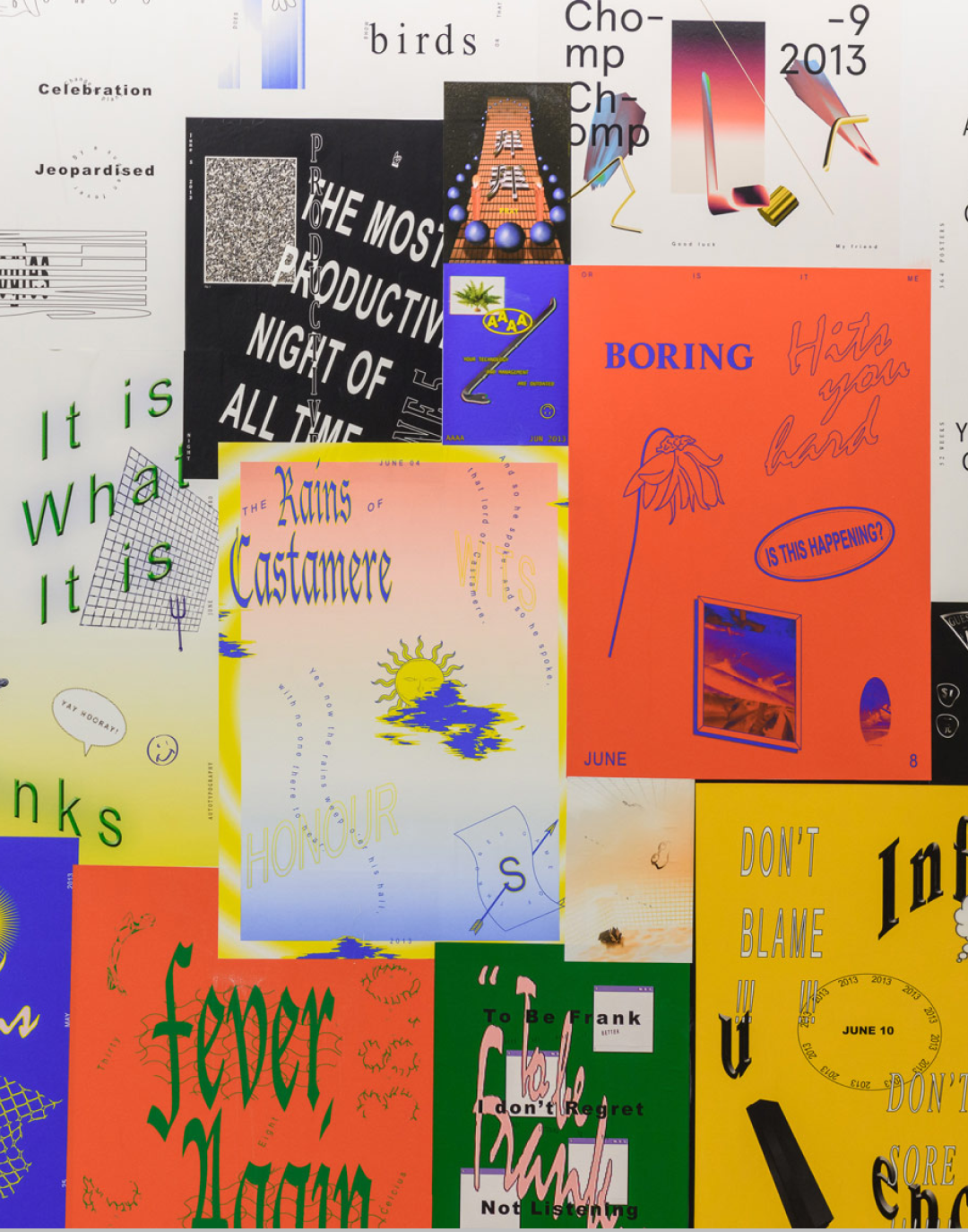
The award-winning novel was written using ChatGPT This concerns the very prestigious Akutagawa Prize
While a century earlier, collective imagination predicted that progress and technology would lead us to drive flying cars and coexist with humanoid beings, few would have anticipated that we would ultimately find ourselves with software capable of answering all our questions. Since its launch in the year 2022, ChatGPT and artificial intelligence continue to divide critics in all spheres. Among intellectuals, two camps can be observed. On one side, some applaud its practical and versatile nature, seeing it as a useful tool for research, learning, and even education. They believe that its ability to generate text creatively can be beneficial in artistic or literary fields. On the other side, skeptics fear ethical issues such as the spread of misinformation and biased responses. They also think that its increasing use could endanger human expertise, especially in complex domains. An aversion against this "conversational robot" is reflected in usage bans in certain establishments, denunciatory platforms, and even legal actions against it. The latest controversy involves Rie Kudan, the winner of the prestigious Akutagawa Prize, who publicly revealed using artificial intelligence to write the novel that earned her that distinction.
@brut.ia Un prix Goncourt décerné à un roman écrit avec l’aide de ChatGPT, ça serait possible ?
By publicly revealing that nearly 5% of her acclaimed novel Tokyo-to Dojo-to was directly shaped by ChatGPT artificial intelligence, Kudan shed new light on the boundaries between human creativity and technology in the world of literature. Raising ethical and artistic questions about the use of AI in the literary creation process and specifically to what extent a "machine" can contribute to artistic subjectivity. Rie Kudan's novel, Tokyo-to Dojo-to, unfolds in the near future, depicting a world where artificial intelligence is deeply integrated into daily life. This futuristic vision is a central element of the work, providing a backdrop for complex social themes explored by the author. It seems logical, therefore, that she employed this tool in her creative process. However, the fact that some of her dialogues come directly from her exchanges with AI poses a problem. This interactive collaboration transcended the mere automated writing tool to become a true conversation partner for the author. Concrete examples are noticeable in exchanges between characters, where intimate thoughts shared with artificial intelligence are found verbatim in the narrative fabric. Apparently, this immersion of AI in the literary creation process added a layer of depth to dialogues, capturing authentic and exploratory elements of human thought, while highlighting ChatGPT's ability as a catalyst for creative expression.
@louise_no_books Rie Kudan, lauréate du dernier prix Akutagawa, a reconnu que ChatGPT a écrit environ 5% de son roman… une nouvelle qui fait du bruit et l’occasion de revenir un peu sur l’histoire de ce prix! #booktokfr #booktokfrançais #litteraturejaponaise #japanuary #japanuary2024 #prixakutagawa #storytime #culturelitteraire son original - Louise_no_books
Kudan's exploration of futurism is rooted in contemporary concerns related to artificial intelligence. The author contextualizes her vision by highlighting current debates on its use and ethical implications. For example, the novel's society could reflect ethical dilemmas our own world faces, such as increased surveillance, technological dependence, or the role of individuals in an increasingly automated society. While her revelations were well-received in her home country, the international landscape reacted diversely and often polarized, illustrating current debates about the integration of artificial intelligence into the artistic process. In Japan, supporters of this approach see this technology as a powerful resource capable of enriching human creativity. Many have expressed support, emphasizing AI's ability to open new perspectives and encourage authors to reconsider their creative approaches. By viewing this technology as an extension of traditional artistic tools, these supporters consider its use a natural evolution of literary art, adapting to technological advances to create contemporary and unique literary experiences. On an international scale, critiques from renowned literary figures have been heard.
Kudan's French counterpart, Jean-Baptiste Andrea, winner of the 2023 Goncourt Prize, did not hesitate to express his discontent. For him, the idea that 5% of a book could be written by artificial intelligence challenges the very integrity of literary work. He asserts that, even if this portion may seem minimal, it means that the author is not the creator of that specific part of the book. This equates to deception about the nature of creation, emphasizing the importance of the author's authenticity and responsibility in composing every aspect of their work. While the use of artificial intelligence in literary creation raises essential questions about its future role, its limits, and its impact on artistic creativity and copyright, Rie Kudan seems firm in her position. She has explicitly stated her intention to persevere in integrating artificial intelligence into her future literary projects, cleverly leveraging text generation while preserving her creative originality. It appears that the author is indeed set to challenge even the most seasoned traditional writers, who never imagined that their rivals would one day be algorithms as finely tuned as experienced pens.














































